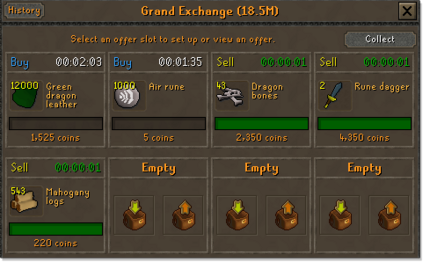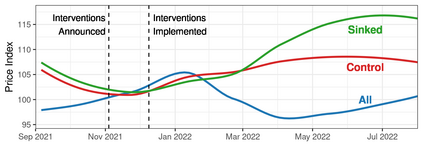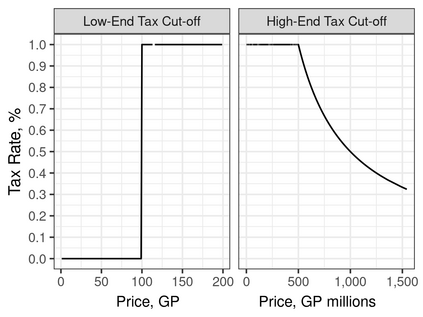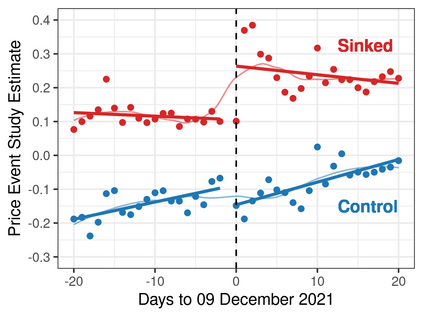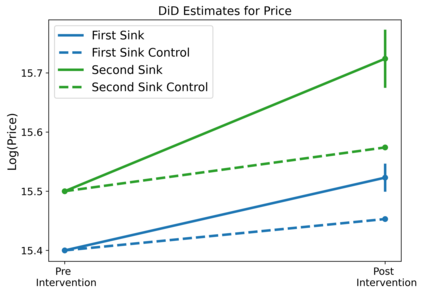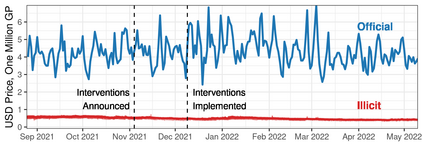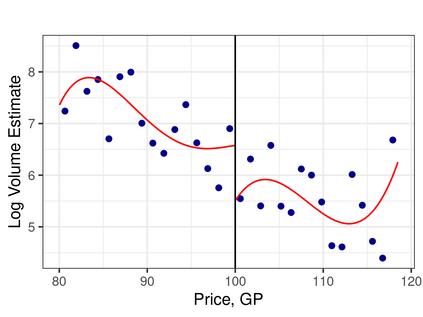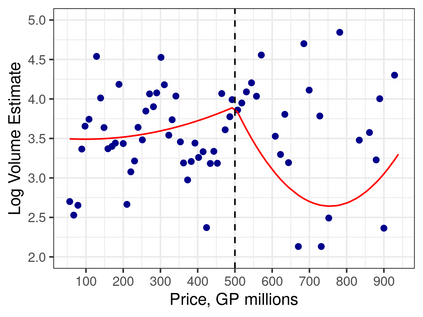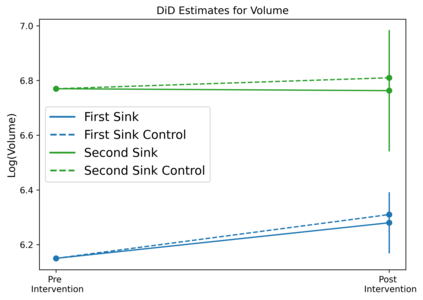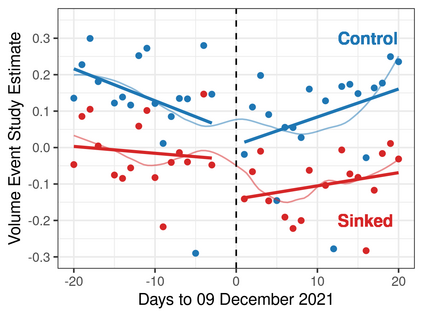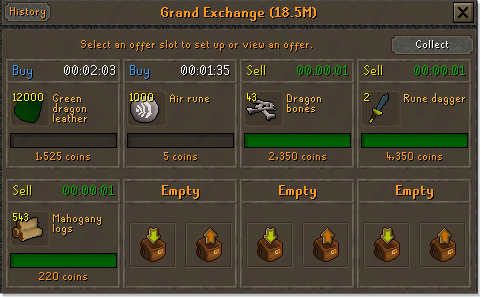Massively multiplayer online role-playing games often contain sophisticated in-game economies. Many important real-world economic phenomena, such as inflation, economic growth, and business cycles, are also present in these virtual economies. One major difference between real-world and virtual economies is the ease and frequency by which a policymaker, in this case, a game developer, can introduce economic shocks. These economic shocks, typically implemented with game updates or signaled through community channels, provide fertile ground to study the effects of economic interventions on markets. In this work, we study the effect of in-game economic market interventions, namely, a transaction tax and an item sink, in Old School RuneScape. Using causal inference methods, we find that the tax did not meaningfully affect the trading volume of items at the tax boundaries and that the item sink contributed to the inflation of luxury good prices, without reducing trade volume. Furthermore, we find evidence that the illicit gold trading market was relatively unaffected by the implemented market interventions. Our findings yield useful insights not only into the effect of market interventions in virtual economies but also for real-world markets.
翻译:大规模多玩者在线角色扮演游戏往往包含复杂的游戏经济。许多重要的现实世界经济现象,如通货膨胀、经济增长和商业周期,也存在于这些虚拟经济中。现实世界和虚拟经济之间的一个重大区别是决策者,在这个情况下是游戏开发者,容易和频繁地带来经济冲击。这些经济冲击,通常通过游戏更新或通过社区渠道发出信号来实施,为研究经济干预对市场的影响提供了肥沃的土壤。在这项工作中,我们研究了游戏中经济市场干预的影响,即交易税和产品集市,在RuneScape的老学院。我们发现,税收并没有有意义地影响税收边界上物品的交易量,而该商品汇又助长了奢侈品价格的膨胀,同时又没有减少贸易量。此外,我们发现有证据表明,非法黄金交易市场相对不受所实施的市场干预的影响。我们的调查结果不仅对虚拟经济市场干预的效果,而且也对现实世界市场市场的影响产生了有益的洞察力。

